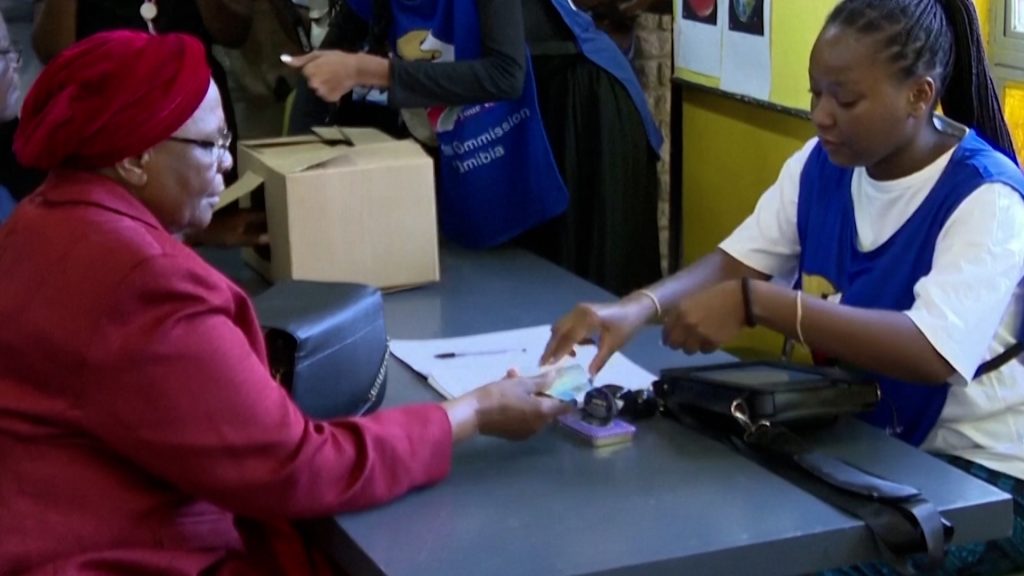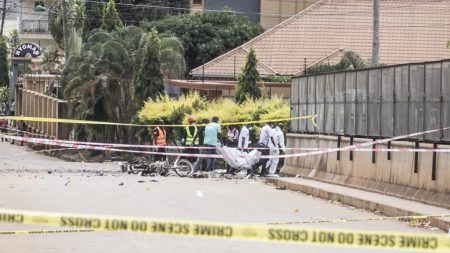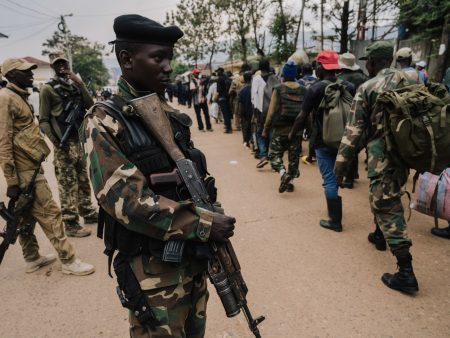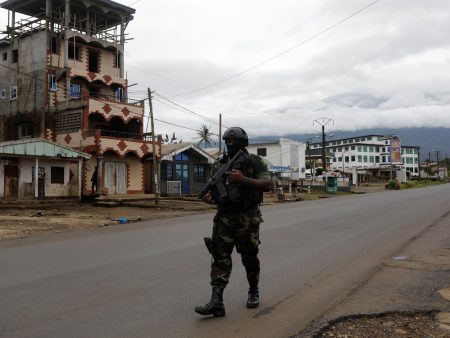Namibian voters experienced lengthy wait times at polling stations while participating in one of their country’s most fiercely contested elections. As the electoral process unfolded, it became evident that the governing party, SWAPO (South West Africa People’s Organisation), was navigating an increasingly challenging political landscape. Leading up to this election, many citizens expressed discontent with the government, largely stemming from persistent issues of high unemployment and social inequality that have plagued the nation.
The election attracted attention due to the growing frustration among voters, signaling a potential shift in allegiance away from SWAPO. Concerns about economic management and the government’s ability to address fundamental societal issues were at the forefront of voters’ minds. Unemployment rates, particularly among the youth, have reached alarming levels, raising questions about the party’s capacity to bring about effective change and growth.
Additionally, the issue of inequality has become a significant talking point in Namibian politics. Despite the country’s status as one of the wealthier nations in Africa, the distribution of wealth remains disproportionately skewed. Many citizens feel that the government has not adequately tackled the systemic problems that underlie these disparities, leading to increased dissatisfaction among the electorate. This growing discontent is reflected in the heightened turnout at the polls, as individuals seek to voice their demands for better governance and economic opportunities.
The political environment in Namibia has also seen the emergence of opposition parties that are vying for voter support. These challengers are capitalizing on the ruling party’s faltering approval ratings and are presenting themselves as viable alternatives. As voters consider their options, the opposition’s messages resonate, particularly among those frustrated with the status quo. This competitive electoral landscape suggests that SWAPO could face significant challenges in maintaining its dominance in the face of rising discontent.
Voter turnout and engagement during this election cycle have signaled a desire for change among the population. The long lines at polling stations not only demonstrated a commitment to exercising democratic rights but also illustrated the urgency of the issues at stake. It was clear that voters were motivated by the need to address their pressing concerns about the economy, employment, and social stratification, passionately seeking a government that would better represent their needs and aspirations.
In conclusion, this election marks a critical moment for Namibia as voters navigate their frustrations with the current government. The challenges of unemployment and inequality loom large, impacting the political discourse and shaping voter preferences. With a competitive atmosphere, the likelihood of significant changes in the political makeup of the country is high, as citizens demand accountability and better living conditions through their electoral choices. The outcome of this election will be pivotal in determining the future direction of Namibia and the potential for meaningful reforms in the years to come.









